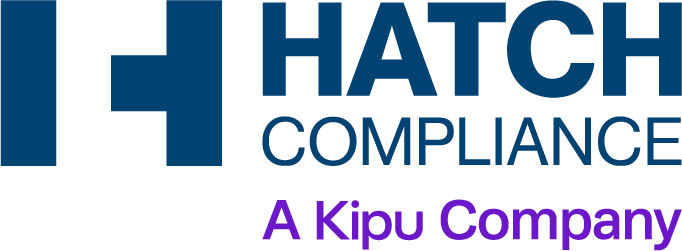Navigating behavioral healthcare compliance is crucial for ensuring quality care delivery and maintaining regulatory standards. As the healthcare industry continues to evolve, providers face numerous challenges in adhering to compliance requirements. In this blog, we’ll delve into some of the key challenges faced by behavioral healthcare organizations and explore effective solutions to mitigate risks and enhance compliance practices.
Challenges in Behavioral Healthcare Compliance:
- Regulatory Complexity: Behavioral healthcare providers must navigate a myriad of regulations from federal, state, and local authorities, including HIPAA, HITECH, and Medicaid regulations, among others.
- Data Security Concerns: Safeguarding sensitive patient information is paramount, yet data breaches pose significant risks to compliance and patient confidentiality.
- Staff Training and Education: Ensuring that staff members are well-versed in compliance protocols and regularly updated on regulatory changes can be challenging but essential.
- Billing and Documentation Accuracy: Accurate billing and documentation practices are critical for reimbursement and regulatory compliance but can be susceptible to errors.
- Ethical Dilemmas: Behavioral healthcare professionals often encounter ethical dilemmas in treatment decisions, confidentiality, and patient rights, requiring careful navigation within legal and ethical frameworks.
Solutions for Effective Compliance Management:
- Comprehensive Compliance Programs: Implementing robust compliance programs tailored to the specific needs of behavioral healthcare organizations can promote adherence to regulations and mitigate risks.
- Regular Audits and Monitoring: Conducting regular internal audits and monitoring processes help identify areas of non-compliance and implement corrective actions promptly.
- Technology Integration: Leveraging technology solutions such as electronic health records (EHRs) and compliance management software streamlines processes and enhances data security and accuracy.
- Ongoing Staff Training: Providing ongoing training and education for staff members ensures awareness of compliance requirements and fosters a culture of compliance within the organization.
- Ethics Committees and Consultations: Establishing ethics committees or consulting with ethicists can help address complex ethical dilemmas and ensure alignment with legal and ethical standards.
In conclusion, navigating behavioral healthcare compliance requires a proactive approach, comprehensive strategies, and ongoing diligence to address challenges effectively. By implementing tailored solutions and fostering a culture of compliance, behavioral healthcare organizations can enhance patient care, mitigate risks, and ensure regulatory adherence. For more information or assistance in developing customized compliance solutions, contact Hatch Compliance, the compliance experts dedicated to supporting healthcare providers in meeting their compliance needs.
WWW.HatchCompliance.Com // Info@Hatchcompliance.com













